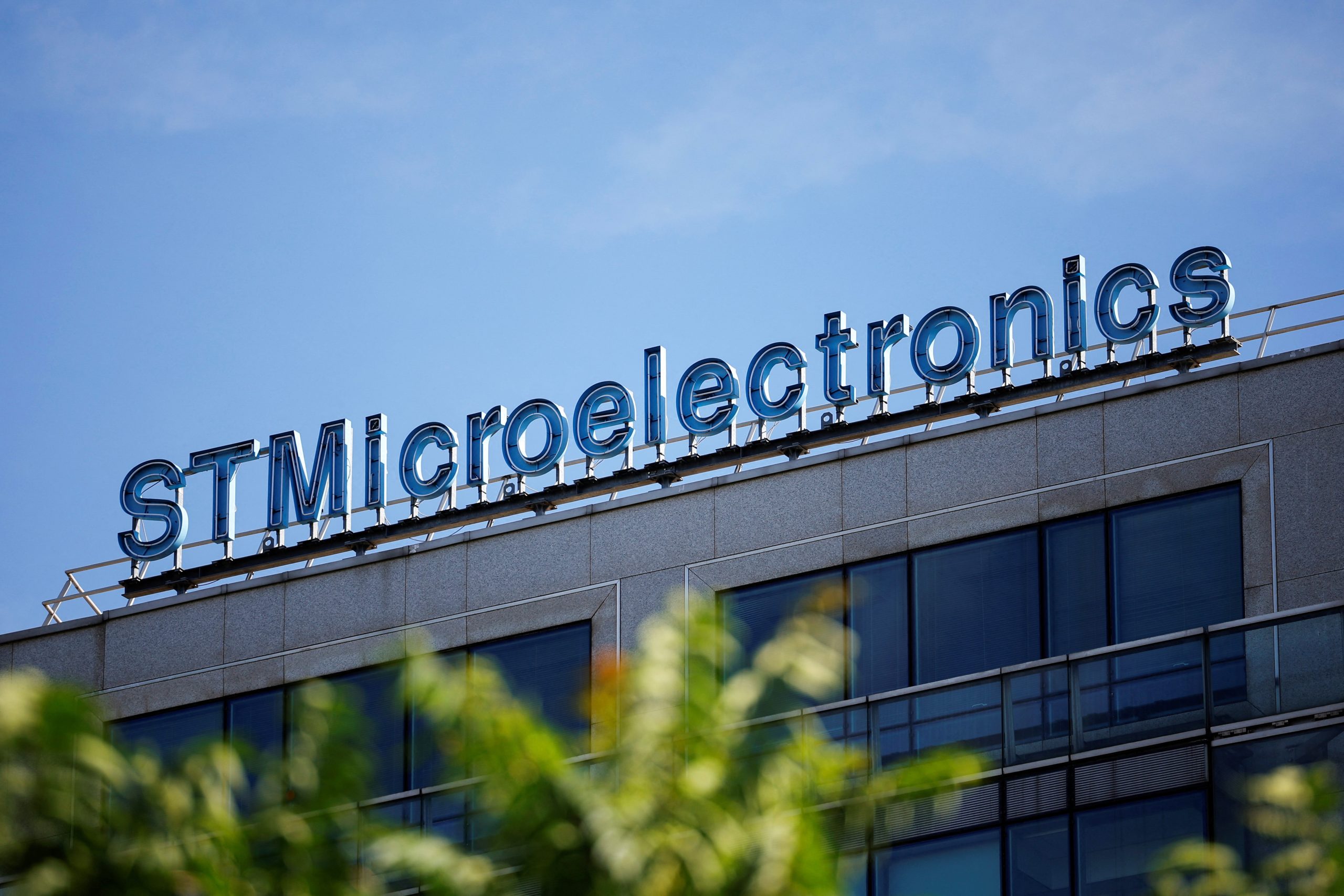- As the pandemic-caused restrictions caused an unheard-of level of economic collapse, the National Democratic Alliance administration, which is led by the Bharatiya Janata Party, has been outspoken about the Made in India campaign. The Made in India project has been vigorously promoted by Prime Minister Narendra Modi, who has also been outspoken on the benefits of Atmanir bharta. Whenever he has gone, his message has been heard loud and clear, both locally and internationally. The Chinese error in the Galwan Valley and the ensuing deterioration of ties between New Delhi and Beijing have, of course, simply helped to emphasize what the PM is accustomed to emphasizing on every occasion. Self-reliance.

PC: PMINDIA
- Chinese expansionism and blatant contempt for the established international order have only served to elevate Indian industrial skills in the eyes of the world community, particularly when it comes to cutting-edge technology like semiconductor chips. On this front, numerous projects were announced. But, Foxconn’s decision to leave the $1.9 billion joint venture with Vedanta to manufacture chips is undoubtedly a loss for India. But it doesn’t have to be a long-term one. While establishing one of the most complex production processes from scratch, such glitches are to be expected. Although the Union Government is right to assert that the chip program will go as planned, it is not entirely accurate to suggest that Foxconn’s decision will have no impact.
- India must continue with its strategy to grasp this fundamental technology that drives everything from cell phones to supercomputers. It costs a lot of money to set up semiconductor foundries, and high-tech inputs are needed while making chips. One of the reasons the Foxconn-Vedanta transaction failed, according to sources, is that they failed to secure a technology partner. European chipmakers STMicroelectronics were apparently in line for licensing technology, but the deal fell through. But, given the GOI’s $10 billion incentive package for semiconductor manufacturing, this does not necessarily imply that other businesses won’t be eager to continue where Foxconn left off.

PC: REUTERS
- Several international actors are also supporting India in this situation. It has become crucial to diversify semiconductor supply chains because chip manufacturing is concentrated in a small number of nations; Taiwan produces over 60% of the world’s semiconductors, and South Korea creates 100% of the most cutting-edge chips (below 10 nanometers). India should therefore keep going down this route, notwithstanding the difficulties. In the future, GOI might potentially consider filling the domestic gaps in developing a semiconductor ecosystem. More interest from investors and technological companies would result from this. This technology will play a significant role in shaping the geo-economic and geopolitical landscape of the future.






